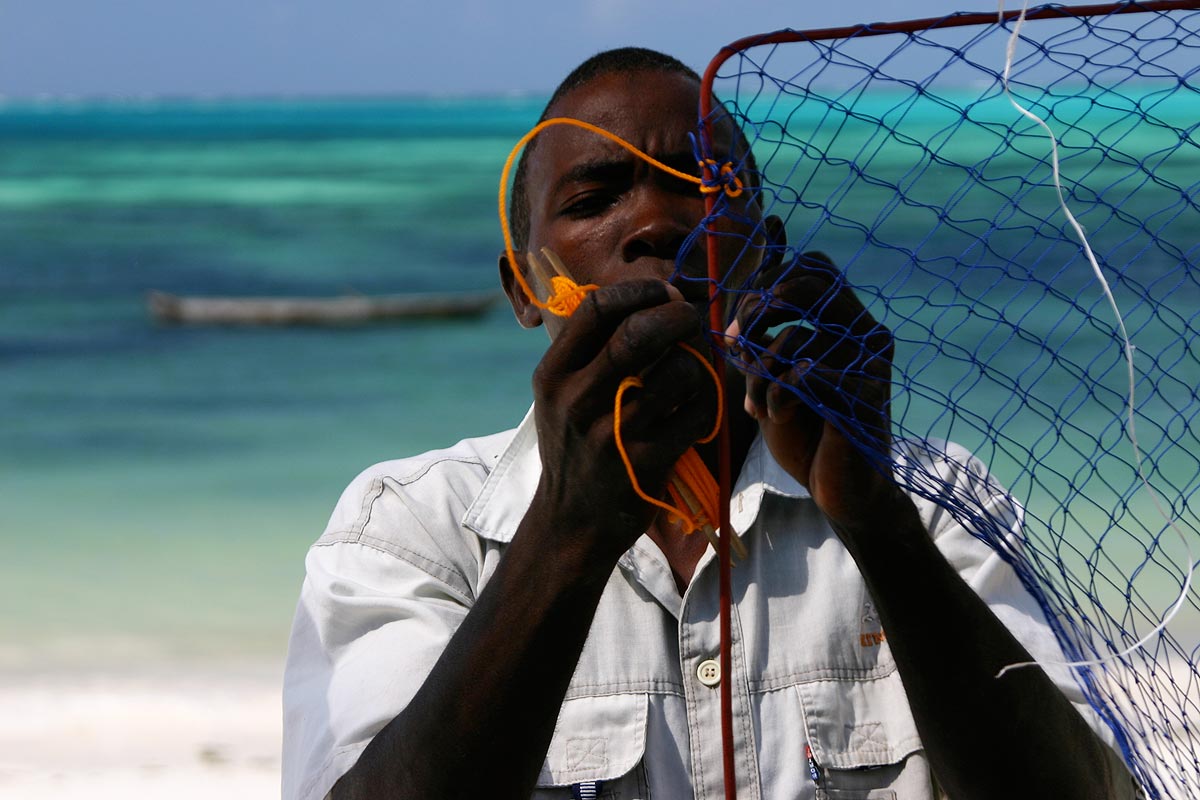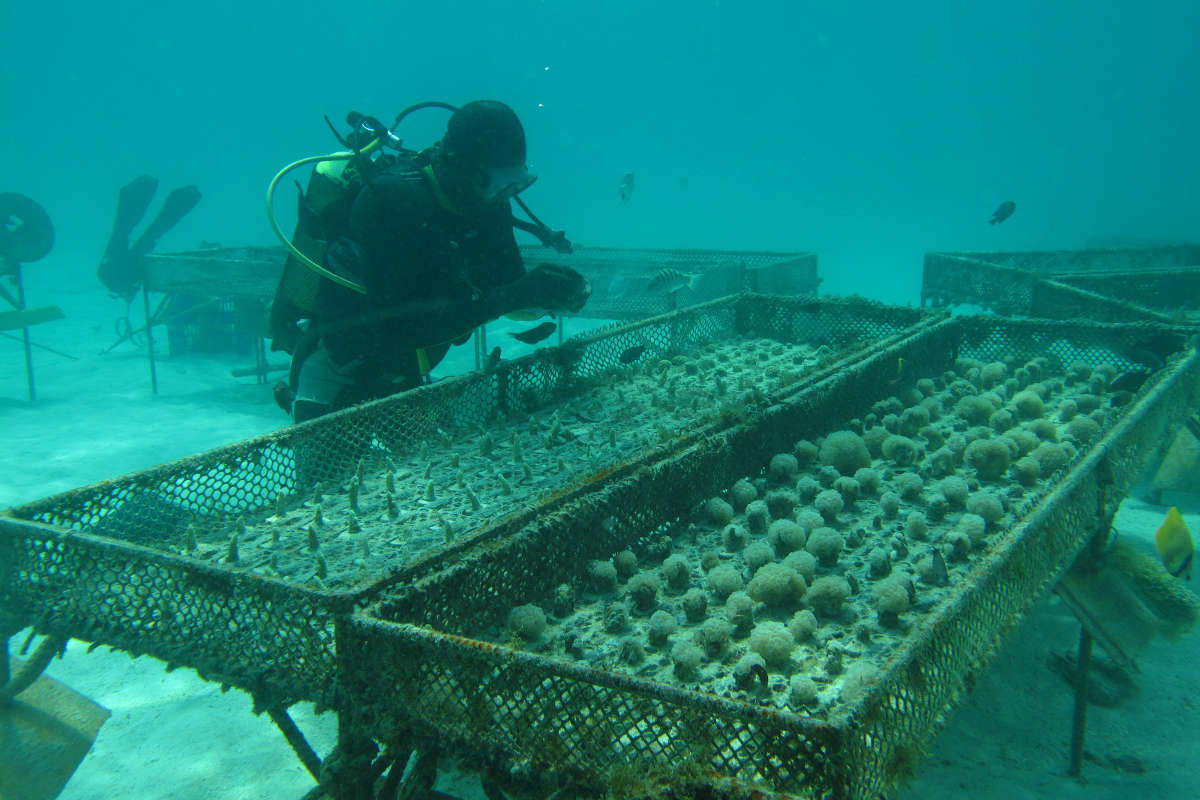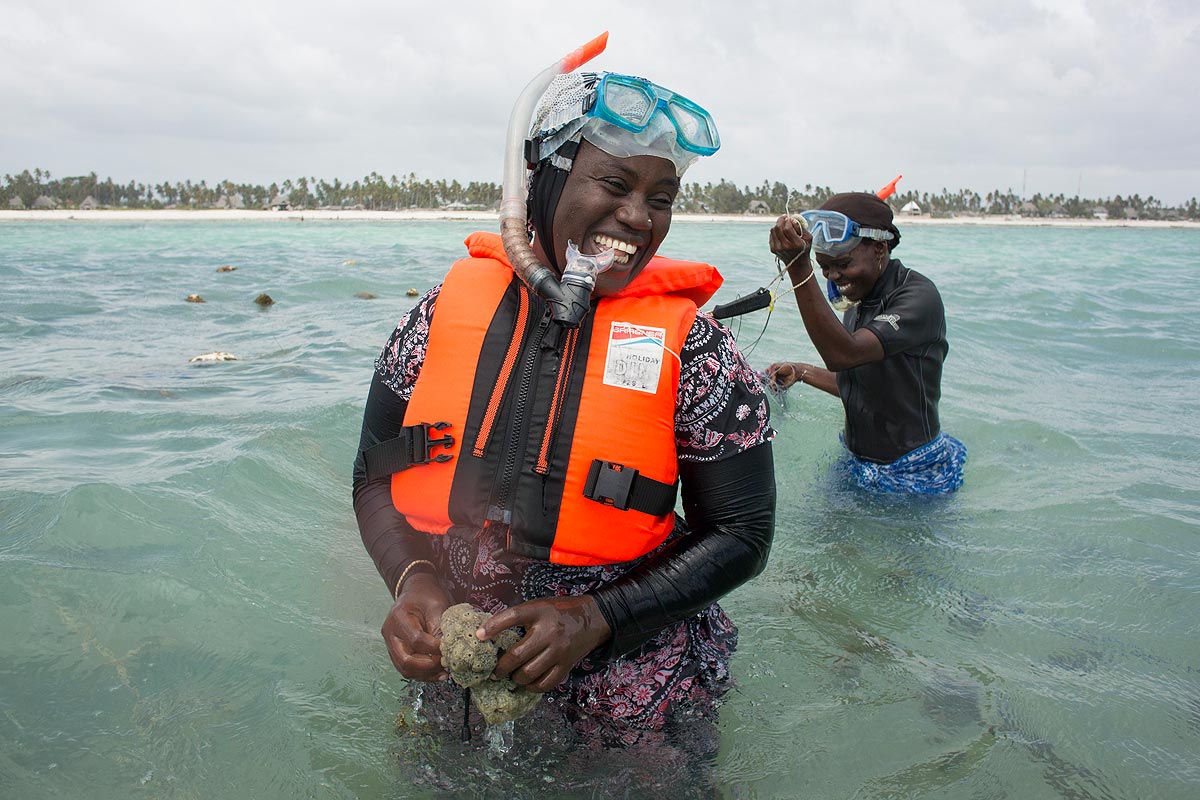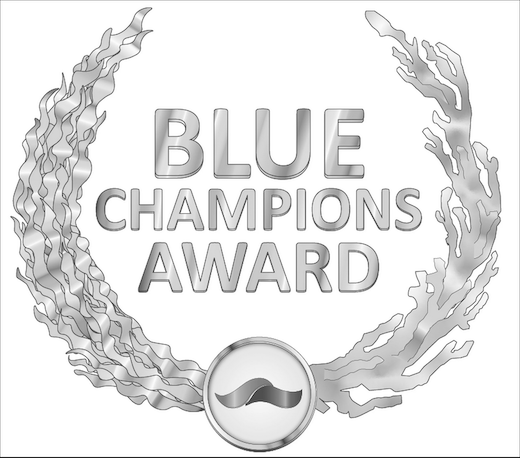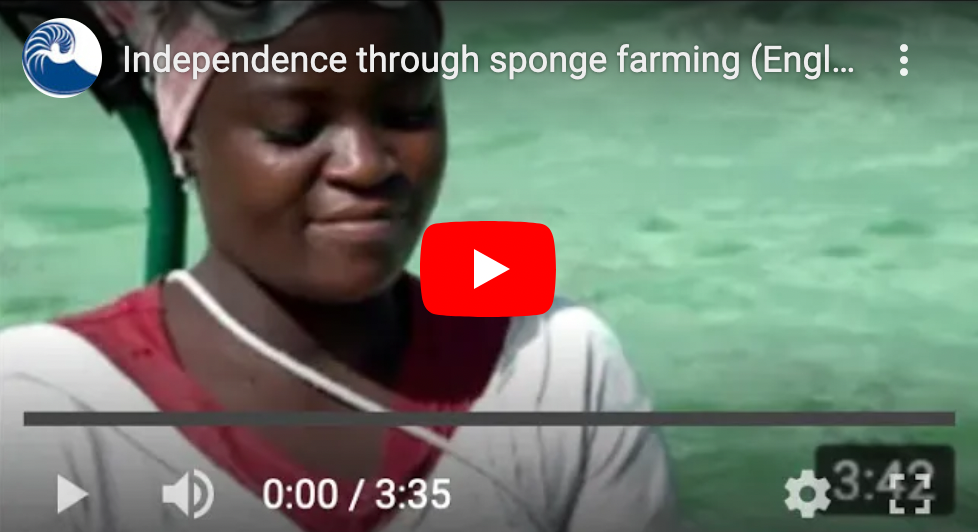Life is Better in Colour
By bleaching our logos, we are shining a spotlight on the alarming phenomenon of coral bleaching that is occurring RIGHT NOW around the world.
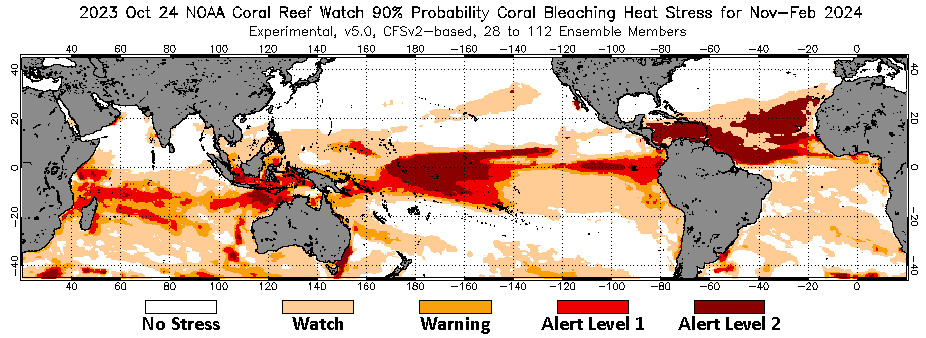
The clock is ticking, and the vibrant coral reefs that have thrived in our oceans for centuries are vanishing before our eyes. Climate change, pollution, and warming waters have left these underwater cities in peril, their bright colours fading like forgotten memories.
For the month of November, ICRI in partnership with the Coral Reef Alliance is "bleaching" their logos in solidarity for coral reef conservation and in honour of Coral Bleaching Awareness month. We urge you to join and bleach your logo with us.
Aquaculture for humans and oceans
Half of the world's population lives along seashores. The coastal regions are overexploited and further weakened by climate change. Coral reefs are dying, the marine fauna is impoverished, and local communitiess are struggling to survive.
marinecultures.org initiates small-scale conservation projects: We support people on the coast of Zanzibar in the development of ecological aquaculture. Together with local communities and authorities we carry out activities to protect and restore marine ecosystems.
Our projects are developed in collaboration with experts. They are financed by donations and foundations. And on the coast of Zanzibar they secure a sustainable livelihood for a growing number of families.
Our Activities
Growing sponges
Sponge farms provide the communities on the east coast of Zanzibar with a better income. Natural sponges are a popular product and a profitable business for women farmers.
>> Growing sponges
Protecting and restoring coral reefs
With our coral farm in the lagoon of Jambiani we reforest damaged reefs and draw attention to the importance of endangered coral reefs. The corals are essential for the marine food chain.
>> Protecting coral reefs
Conserving fish stocks
Thanks to the protected areas that we are establishing in the lagoon with fishermen and local authorities, fish stocks can recover, thus enabling sustainable fishing in coastal waters.
>> Conserving fish stocks
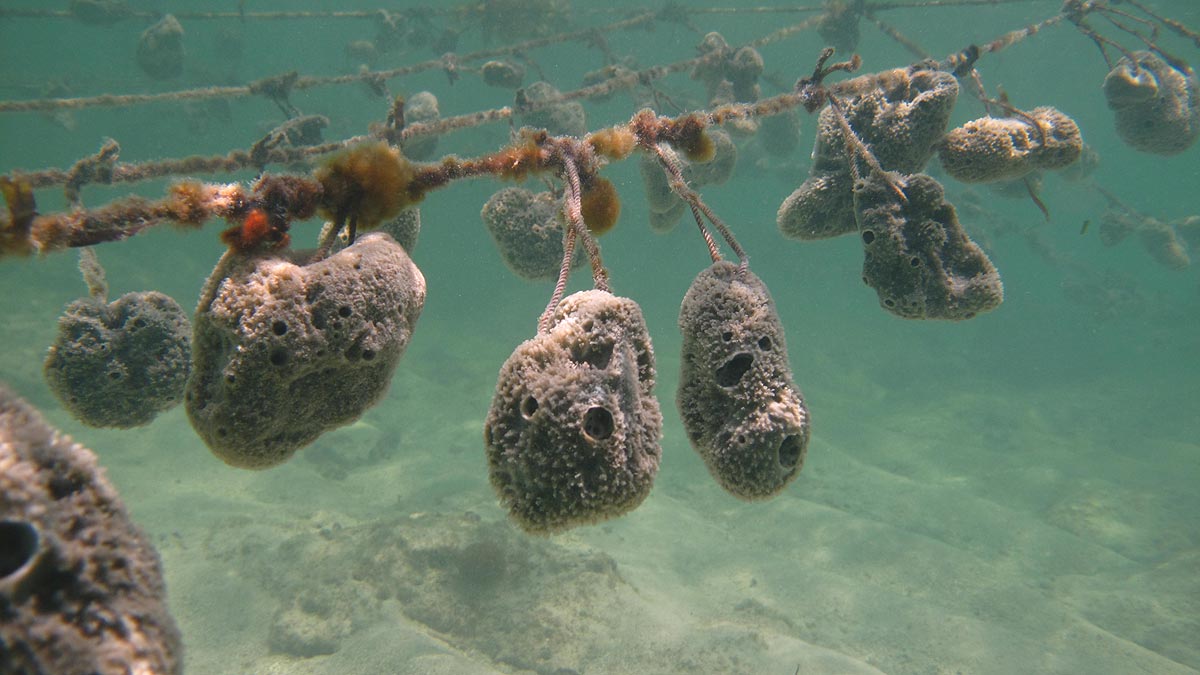
Strengthening independence, dreams coming true
Most of our sponge farmers are single mothers. They have little chance of finding a job that generates enough income to care for their families. In addition, after separation they are often forced to return to their family, where they are usually more tolerated than welcome.
"My house here is the main reason why other women are now following me to become sponge farmers." Kazija, the first sponge farmer in Jambiani
"The life of my family has been a great challenge every day. After I started in the sponge farm, I was able to feed my family better and start a small business with vegetables". Mtumwa
"Thanks to my training as a sponge farmer, I can feed my family, build my own house and have electricity. We may never achieve all of our goals, but I have already achieved half of mine." Shemsa
"I haven't reached my dreams yet. But I am thankful that marinecultures.org helps me. My big dream is to replace my hut with a stone house." Mariam
"Working as a sponge farmer helps me to pay school fees, feed my family, and is enough for other personal needs. My expectation for the future: to become a good seller of various products." Haira
"My girl has problems with her eyes. What I earn with the sponges enables me to treat her disease. Even though I am the mother and father of this family and I am confronted with different problems of my children, I have found something that I wished for. I bought a chest of drawers with a dressing table for the family room". Zulfa
"One day someone told me about the sponge farms. I immediately started looking for someone to take care of my children when I was at work. Fortunately, I found someone to take responsibility when I leave the house." Asha
"We've always lived in the lagoon with sponges. But only now have we learned how they help us to improve our lives and those of our children. Sometimes something is very close to us without us knowing how to make money with it." Shemsa
Additional Information
News & Reports
26.11.2023
Sea urchins die-off in the Indian Ocean
>> more
14.09.2023
BBC - Sea sponges Offer Lifeline to Women in Zanzibar
>> more
30.08.2023
Support marinecultures.org with a Fine Art Print
>> more
21.08.2023
20 Coral Restorers Trained
>> more
22.07.2023
Enlargement of the Protected Area around Mnemba Island
>> more
Help us
- Support us with a membership.
- We can achieve a lot with your donation.

Newsletter
Interested in our newsletter?
>> subscribe
